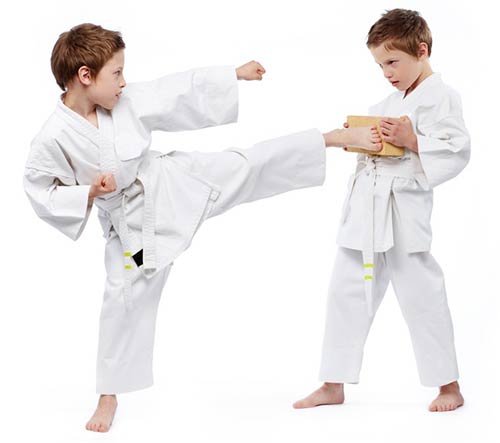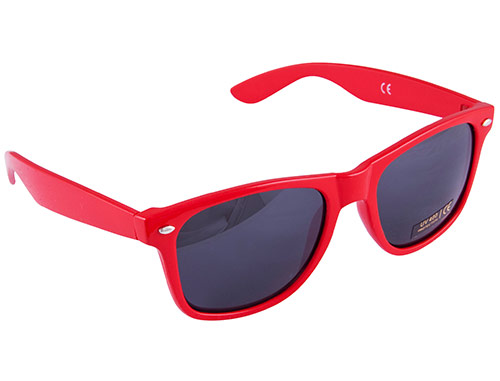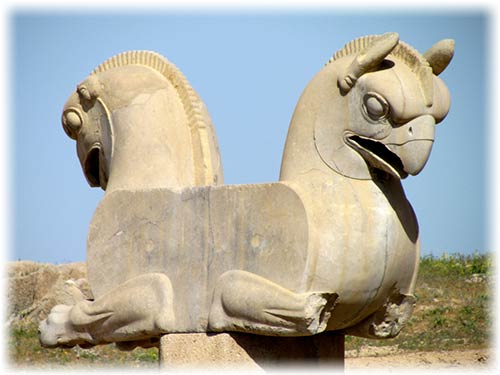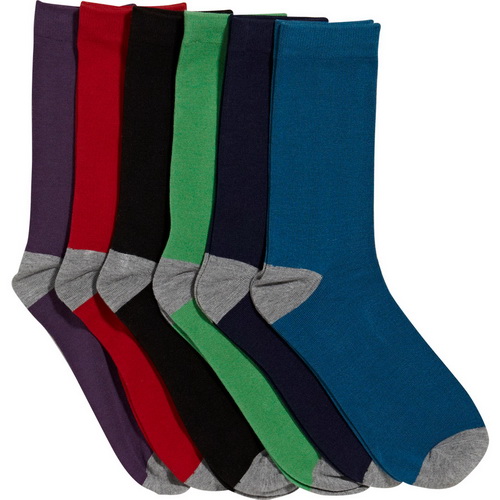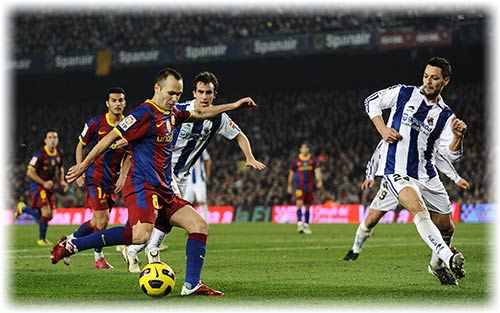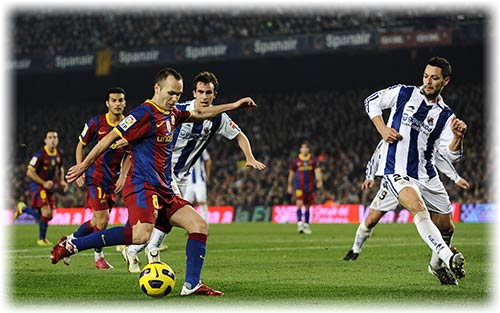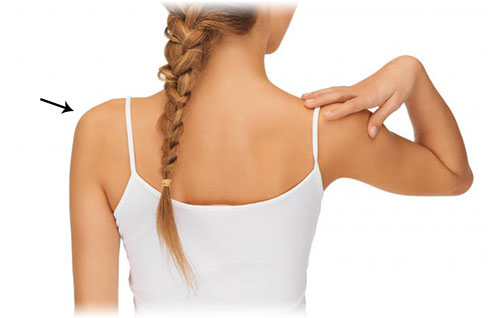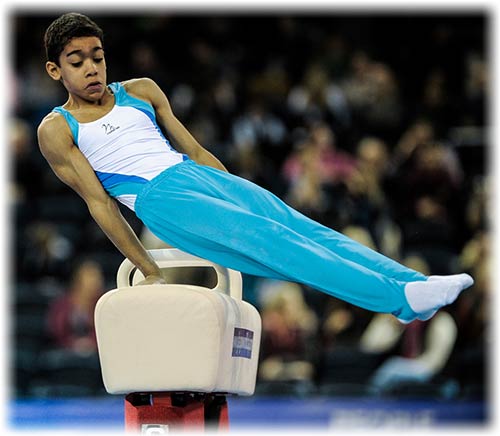key
A piece of metal that has been cut into a special shape and is used for opening or closing a lock, starting a car engine, etc
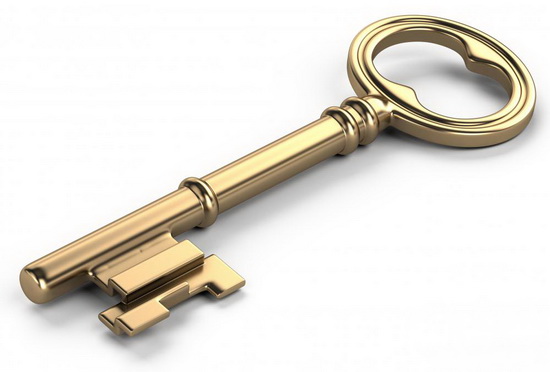
کلید
A set of car keys
دسته ی کلیدهای ماشین
Oxford Essential Dictionary
noun
1 a piece of metal that opens or closes a lock:
He turned the key and opened the door.
2 one of the parts of a computer, a piano or other musical instrument that you press with your fingers:
Pianos have black and white keys.
3 answers to questions:
Check your answers with the key at the back of the book.
Longman Dictionary of Contemporary English
key
I. key1 S3 W2 /kiː/ BrE AmE adjective [no comparative]
very important or necessary:
China’s support is key to the success of the coalition.
key factor/points/questions etc
The President makes all the key decisions on foreign policy.
key role/player/figure etc (=one with a lot of influence on a result)
The show has been hit by the departure of key personnel.
⇨ ↑low-key
• • •
COLLOCATIONS
■ nouns
▪ a key factor (=a very important factor) A key factor in starting any business is its location.
▪ a key element/feature/component (=a very important part) Advertising is a key element in the success of a product.
▪ a key role Sanders played a key role in the team’s winning season.
▪ a key area What are the key areas of economic policy?
▪ a key issue/question/point The environment became a key issue during the election.
▪ a key figure (=a key person) She was a key figure in the election campaign.
▪ a key player He won’t leave key players out of the team.
▪ a key witness (=someone who can give important information about a crime) She will be a key witness in the murder trial.
▪ a key decision Women made most of the key decisions about how money was spent in the household.
▪ a key word (=an important or useful word) Once you know the key words, you can make your own sentence.
Oxford Advanced Learner's Dictionary
key
key [key keys keyed keying] noun, verb, adjective [kiː] [kiː]
noun
TOOL FOR LOCK
1. a specially shaped piece of metal used for locking a door, starting a car, etc
• to insert/turn the key in the lock
• the car keys
• a bunch of keys
• the spare key to the front door
• We'll have a duplicate key cut (= made).
• There's a special key for winding up this clock.
MOST IMPORTANT THING
2. usually singular a thing that makes you able to understand or achieve sth
Syn: secret
• ~ (to sth) The key to success is preparation.
• ~ (to doing sth) The driver of the car probably holds the key to solving the crime.
• (especially NAmE) The key is, how long can the federal government control the inflation rate?
ON COMPUTER
3. any of the buttons that you press to operate a computer or typewriter
• Press the return key to enter the information.
ON MUSICAL INSTRUMENT
4. any of the wooden or metal parts that you press to play a piano and some other musical instruments
MUSIC
5. a set of related notes, based on a particular note. Pieces of music are usually written mainly using a particular key
• a sonata in the key of E flat major
• This piece changes key many times.
compare scale n. (7)
ANSWERS
6. a set of answers to exercises or problems
• Check your answers in the key at the back of the book.
ON MAP
7. an explanation of the symbols used on a map or plan
see also low-key, see under lock and key at lock n.
Word Origin:
Old English cǣg, cǣge, of unknown origin.
Thesaurus:
key noun
1. C, usually sing.
• The key to success is preparation.
answer • • solution •
the key/answer/solution to sth
look for/find/provide/offer the key/an answer/a solution
2. C
• Press the return key.
button • • switch • • control •
a key/button/switch on sth
a control key/button/switch
press/hit a key/button/switch
Example Bank:
• Can we try it in a lower key?
• F1 is the short-cut key for calling up help.
• First-time voters could hold the key to the election result.
• He fished a ring of keys out of his pocket.
• Hold down the Alt key while pressing the arrow keys.
• I slid the key into the lock and went in.
• I'd accidentally locked the keys in my car.
• I'll get another key cut so that you can have one.
• Language is the key to understanding those around you.
• Robbie didn't have a key for these doors.
• She hides a front door key in a flowerpot.
• She left a key with the neighbours/neighbors.
• She must have used a key to get in.
• The key changes from C major to A minor.
• The key tells you what all the symbols mean.
• The piece changes key in the middle.
• The sound of keys jangling caught her attention.
• There are two sharps in the key signature of D major.
• They heard a key turn in the back door lock.
• What key is it in?
• You can find the symbols in the key at the bottom of the page.
• You have to close it with the key.
• You need a key to open the garage.
• a large bunch of keys
• a set of car keys
• the key of G major
• the key to the front door
• the key to the signs and symbols
• the top row of keys
• His hands flew over the piano keys and beautiful sounds filled the theatre.
• The key is, how long can the federal government control the inflation rate?
• The sonata was written in the key of E flat major.
Derived: key somebody to something
Cambridge Advanced Learner's Dictionary
Cambridge Advanced Learner's Dictionary - 4th Edition
key / kiː / noun [ C ] (LOCK)
A1 a piece of metal that has been cut into a special shape and is used for opening or closing a lock, starting a car engine, etc.:
car/door keys
See picture key
key / kiː / noun [ C ] (PART)
B2 any of the set of moving parts that you press with your fingers on a computer keyboard, or musical instrument to produce letters, numbers, symbols, or musical notes
See picture key
See picture music (other)
key / kiː / noun [ C ] (MUSICAL NOTES)
a set of musical notes based on one particular note:
The song changes key halfway through.
the key of C minor
See picture key
key / kiː / noun [ C ] (SYMBOLS)
a list of the symbols used in a map or book with explanations of what they mean
See picture key
key / kiː / noun [ C ] (ANSWERS)
A2 a list of the answers to the questions in an exercise or test:
See the key to test 3 on page 176.
© Cambridge University Press 2013
Collins COBUILD Advanced Learner’s English Dictionary
key
/ki:/
(keys, keying, keyed)
Frequency: The word is one of the 1500 most common words in English.
1.
A key is a specially shaped piece of metal that you place in a lock and turn in order to open or lock a door, or to start or stop the engine of a vehicle.
They put the key in the door and entered...
N-COUNT
2.
The keys on a computer keyboard or typewriter are the buttons that you press in order to operate it.
N-COUNT: usu pl
3.
The keys of a piano or organ are the long narrow pieces of wood or plastic that you press in order to play it.
N-COUNT: usu pl
4.
In music, a key is a scale of musical notes that starts on one specific note.
...the key of A minor.
N-VAR
5.
The key on a map or diagram or in a technical book is a list of the symbols or abbreviations used and their meanings.
You will find a key at the front of the book.
N-COUNT
6.
The key person or thing in a group is the most important one.
He is expected to be the key witness at the trial...
ADJ: ADJ n
7.
The key to a desirable situation or result is the way in which it can be achieved.
The key to success is to be ready from the start...
N-COUNT: usu N to n
Merriam-Webster's Advanced Learner's Dictionary
1key /ˈkiː/ noun, pl keys [count]
1 a : a device that is used to open a lock or start an automobile
✦The usual type of key is a small metal object that you insert into a narrow opening and turn.
• You need the key to get into the drawer.
• She turned the key and opened the door.
• house/car keys
• the ignition key of a car
• the key to the lock
- often used figuratively
• That woman holds the key to his heart.
- see also latchkey, passkey, skeleton key
b : a device that looks like a key and that is used to turn something
• a key for winding a clock
2 : something that is necessary in order to do or achieve something - usually singular
• If you want to improve your health, exercise is the key.
- usually + to
• The key to hitting the ball well is following through on your stroke.
• Hard work is the key to success.
3 a : something that provides an explanation or solution - usually + to
• the key to a riddle
b : a list of words or phrases that explain the meaning of symbols or abbreviations
• Use the key to decode the symbols.
• a pronunciation key
4 a : any one of the buttons of a computer or typewriter that you push with your fingers
• He tapped away at the keys, typing his letter.
- see picture at computer; see also function key, shift key
b : any one of the parts that you push with your fingers to play a piano or similar musical instrument
• She sat down at the piano and put her hands on the keys.
5 music : a system of musical tones based on a scale beginning on the note for which the system is named
• the key of C
• The symphony changes key from G major to E minor.
under lock and key

